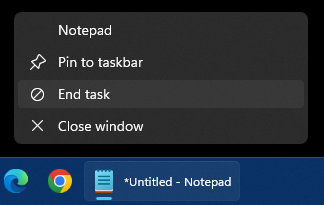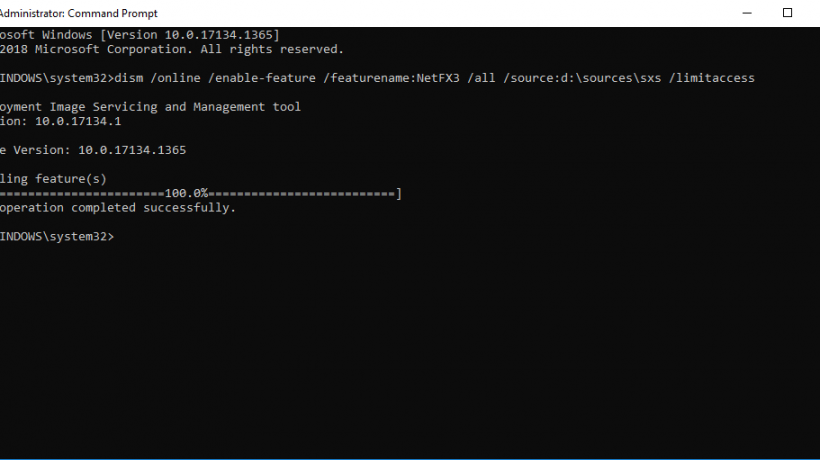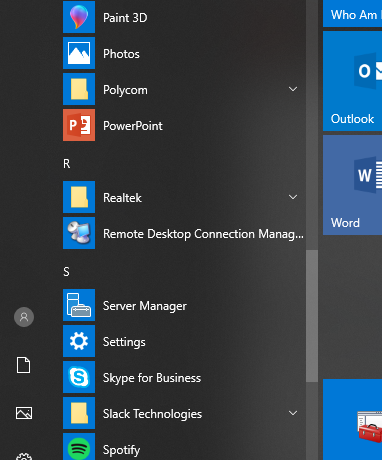For those that remember the Gmail Man from last year, he has returned – still reading your email. While it is a shady practice, it is what you get when you go with a free service. What people need to realize that when something is given away for free, and a company is making money, the thing being sold is YOU. You are the product. Advertising is targeted towards what you do and type. Advertisers pay lots of money to target ads towards a certain demographic, and it works. Don’t like it? Pay for your email services and don’t get ads. BTW: The ads you see on this site and others that use Google AdSense use targeted ads based on your browsing history. I also have some ads that are generic for certain vendors, just PC related.
The video is still funny, however. Know what else is funny? Microsoft posted this to Google owned YouTube.





